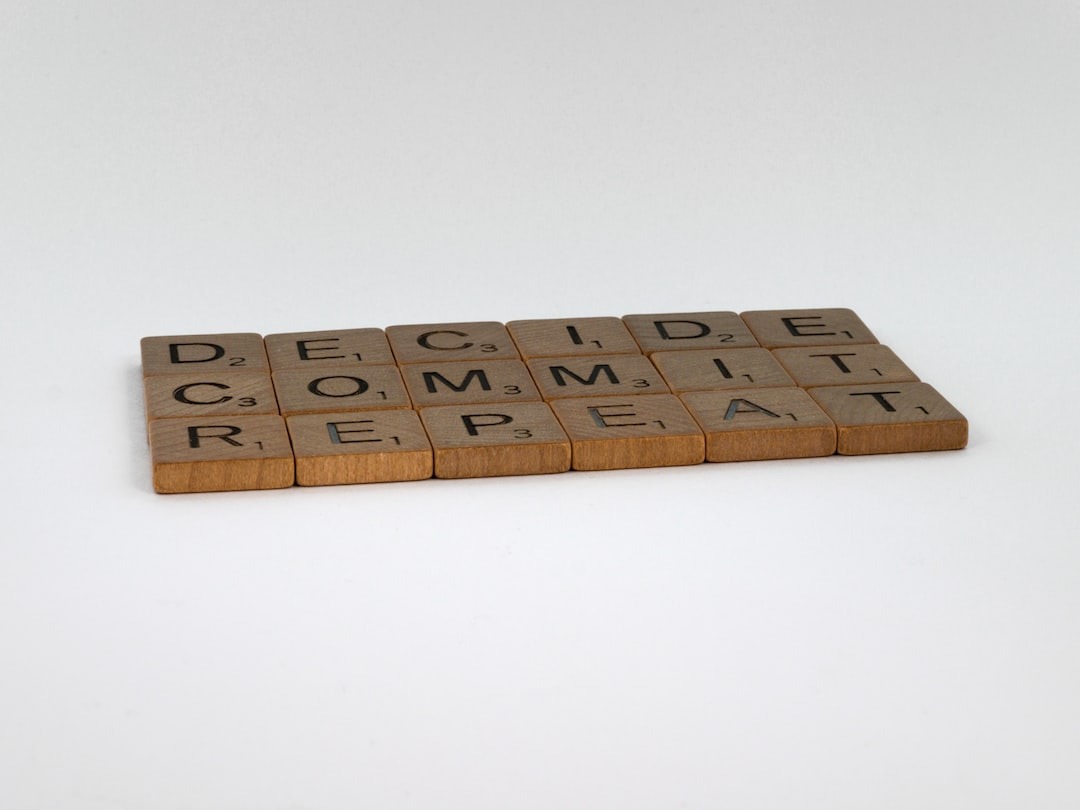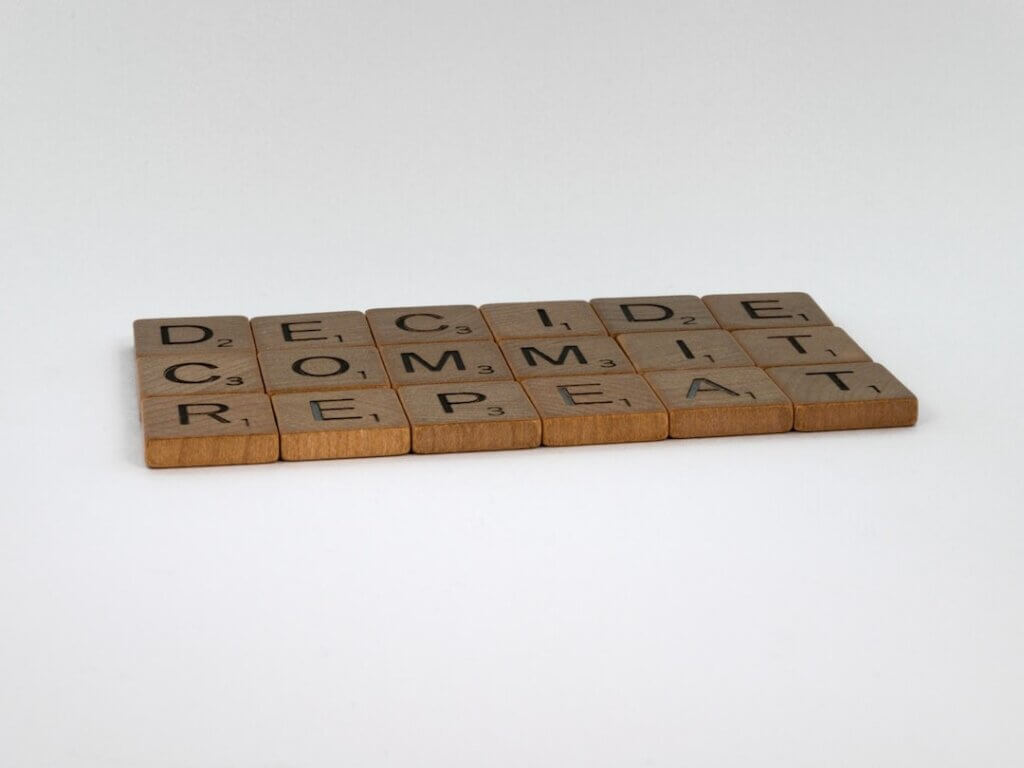
There is little doubt that there is a major mental health/substance use disorder (SUD) issue in the U.S. right now. According to the 2020 Common Comorbidities with Substance Use Disorders Research Report, “Many individuals who develop substance use disorders (SUD) are also diagnosed with mental disorders, and vice versa. Multiple national population surveys have found that about half of those who experience a mental illness during their lives will also experience a substance use disorder and vice versa.” The good news is that for those individuals looking for an exceptional and successful recovery experience, there are many excellent Colorado rehab facilities, including residential and non-residential options.
What Does Non-Residential Treatment Look Like?
One of the most important factors to take into account when considering recovery is at what stage the mental health or addiction issues are. For example, individuals struggling with SUD need to determine whether a detox is necessary or not. Also, it is important to remember that this determination should never be made by anyone other than a professional. Detoxing is a very serious matter, and doing so irresponsibly can be devastating and even deadly. Though rare, this is especially true for those struggling with alcohol use disorder (AUD).
However, for individuals that do not require detox and are not in the later stages of mental illness, a non-residential program can be an ideal choice. This is because a non-residential treatment center can allow an individual to achieve recovery and stay in regular contact with their therapists and specialists, while also keeping one foot in their everyday life. Furthermore, being able to stay involved in day-to-day activities is not the only benefit of non-residential recovery.
The Benefits of Non-Residential Treatment
Again, it is critical to be advised by a professional when it comes to starting a recovery journey. They can make the ultimate decision as to whether residential or non-residential treatment is best. The following are just some of the benefits if non-residential recovery is recommended:
- Allows for more flexibility in a schedule
- Individuals can stay connected to their job or school
- It can often be less expensive than residential care
- For those coming back from a relapse, it allows for the ability to stay connected in an established recovery community
- It often makes the transition process easier from a recovery center back into full everyday life
However, it is also important to remember that non-residential treatment is mostly recommended for those that already have a healthy and established support system to rely upon. If that, as well as some other factors, doesn’t exist, then residential rehab may be the best choice.
What Does Residential Rehabilitation Look Like?
Residential rehabilitation is for those individuals that are in the more severe stages of mental illness and/or addiction. Now, that may not always be the case, and other factors may help determine whether residential treatment is the right choice.
These factors may include the stability of one’s home life, if any legal issues are present, or if a client simply feels more comfortable starting their recovery journey in a more connected setting. Regardless of the reasoning, the good news is that there are many benefits to residential rehab.
The Benefits of Residential Rehabilitation
Below are some, but not all, of the benefits that residential rehabilitation has to offer:
- 24/7 monitoring and connection if anything should come up
- The ability to change or amend a recovery plan sooner than later
- Allows for family members and loved ones to get the help they need while an individual is in residence
- Better ensures accountability to responsibilities like attending therapy or 12-Step meetings
The good news is that both Colorado rehab and Colorado non-residential treatment programs are some of the best in the world.
Some of the Benefits of Colorado Rehab Facilities and Non-Residential Treatment
Many people may be unaware of how important the environment is to successful recovery. This includes having access to nature as well as access to where the best treatment specialists are.
In Colorado, there are both. There is access to the Rocky Mountains and all of the activities and immersion therapy one can hope for. Yet, there is also access to urban hubs like Denver, where some of the best mental health and addiction professionals practice.
Exceptional Treatment at One of the Premier Colorado Rehab Facilities: The Redpoint Center
The Redpoint Center offers some of the best non-residential intensive outpatient programs (IOP) – not only in the state but in the country. We also offer exceptional sober living options for those that have completed inpatient Colorado rehab.
At The Redpoint Center, our mission and primary purpose has always been to help our clients recover on an individualized basis, utilizing comprehensive recovery plans. Our goal is also to empower our clients to visualize the future that they want for themselves – and having the Colorado Rockies available to help get a better view is definitely a bonus.









 Each individual will have their own unique journey to overcoming the use of addictive substances. Finding the best route for each person to challenge the use of drugs and alcohol is part of a truly effective treatment program. At The Redpoint Center, each journey is personalized to the needs of the individual, empowering those in recovery to explore a variety of options backed by proven therapeutic support. Acceptance and commitment therapy (
Each individual will have their own unique journey to overcoming the use of addictive substances. Finding the best route for each person to challenge the use of drugs and alcohol is part of a truly effective treatment program. At The Redpoint Center, each journey is personalized to the needs of the individual, empowering those in recovery to explore a variety of options backed by proven therapeutic support. Acceptance and commitment therapy (

